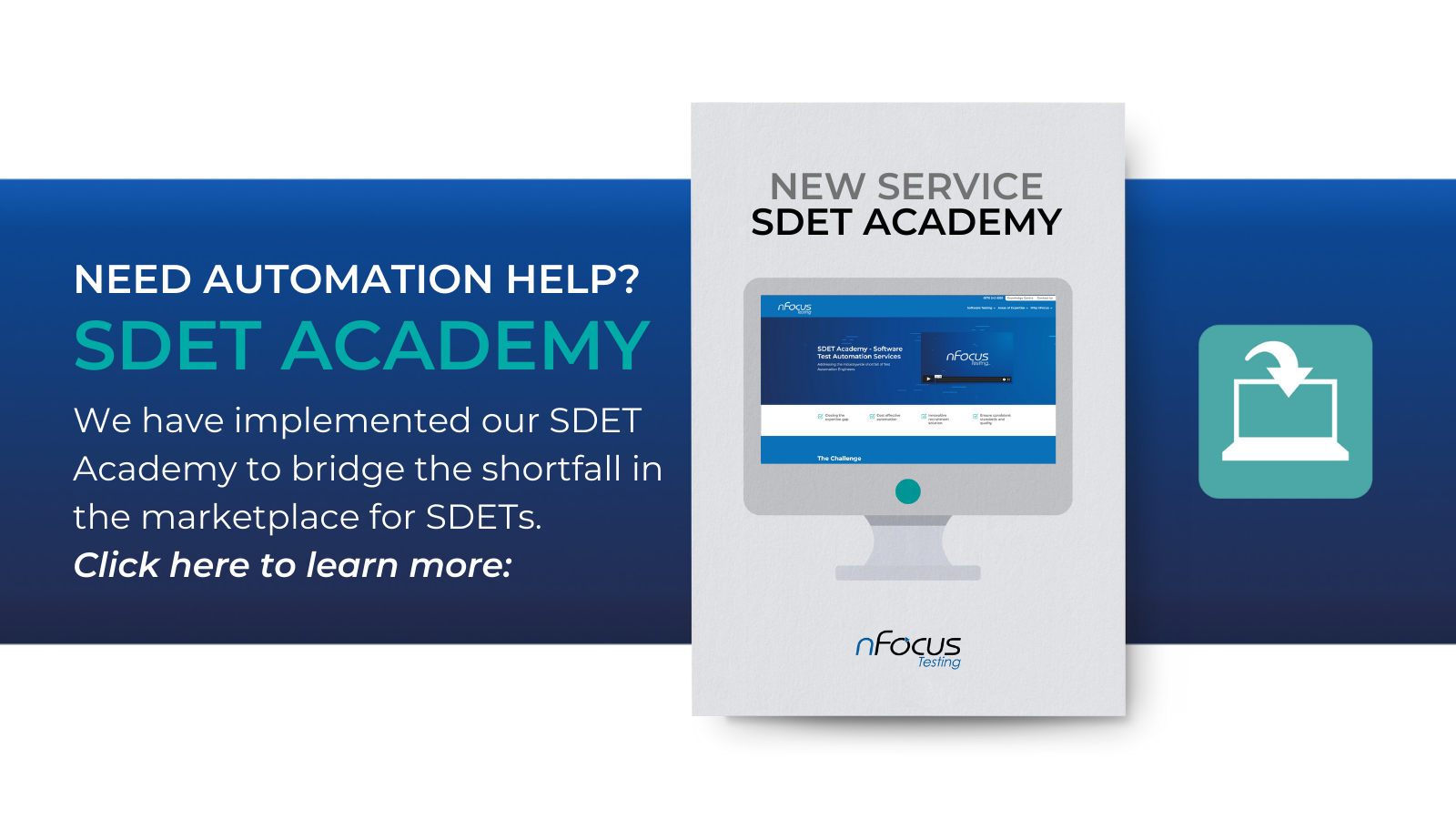What Are the Best Practices for Managing Conflict?
Yes, this really happened! I was working on a huge government project, and along with the Chief Acceptance Officer for the program, I was visiting a supplier to sign off the acceptance of their data centre.
The plan was that:
- The supplier would present the evidence of testing.
- I would confirm that I had checked it all and that it was good to go.
- The Acceptance Officer would sign off on the report.
- The supplier would get a cheque for £20 million in the post!

Now, the way the supplier had tested this with my full knowledge and approval was to pull the data cable out of the server whilst it was running, instantly removing that server in mid-process from the network.
However, our Acceptance Officer took exception to this test and declared that it was not valid. He was not prepared to sign of the £20 million! As you can imagine, a rather intense discussion followed. Our guy was insisting that they take a hammer to the server and trash it! He was intransigent on the point, insisting that this was the only way to interpret “catastrophic failure”. The discussion turned from intense to heated and conflict can be one of the most difficult things that Test Managers can encounter.
Conflict situations are where good Test Managers turn to their arsenal of soft skills. They understand much of what is in dispute can be subjective and that often those involved have invested a lot of time and emotional energy in getting the project to this point.
The word ‘manage’ means to control and so the first questions to ask yourself when faced with this sort of situation is: “Am I in control?” "Am I in control of myself? In short, be sure to check yourself!
I have to admit there are times when I have simply not been in control of my reasoning or emotions. I have let the situation take control. I have taken it personally and as a result failed to manage! Talking in anger is not going to help in settling the dispute! When I’m emotional, I can’t think logically or properly process what is being said to me.
If I am disrespecting people whether it’s my own team members or suppliers or stakeholders; or if my contribution is hindering progress then I need to recognise that and stop. If necessary, I could excuse myself from the meeting.
Being in control of myself also means that I have to check my own motivation and demeanour. I have to ask myself “Am I being overly defensive of my position or my team?” When someone disagrees with my opinion or criticises me or my team, I have to remember not to take it as a personal attack.
I try to remember that that most of the time; we all want what is best for the project and that there are reasons why there are other points of view. I have to be open to them and not dismissive.
I vividly remember at the end of one presentation where I had pointed out all the things that were wrong with what we were about to deliver to our customer, a Director saying:
“Tony, I understand why you think this is not good enough to go live but the penalties for delivering something that is not working are much less than the penalty of not delivering at all. It is cheaper for us to deliver and work to fix the errors later, than to fix them now and not deliver.”
It was not my point of view but I had to accept that it was a valid one from the company’s point of view.
Am I in control of the discussion?
I have to ask myself am I able to stop this discussion if needed or is it important that the discussion is continued. In order to be able to make that judgement, I have to be able to determine if the discussion is helpful and revealing or unhelpful and distracting. I have to know my subject.
As a Test Manager, I need to educate myself on the subject of the discussion or at least, make sure there are people present who are qualified to speak to on the issue. In fact, I have often found that by sitting back from the conversation and listening to those in the know debate the point; I am better able to judge if the conversation is helpful or not.
Once in control of myself and the discussion, I can then start to influence the meeting and help minimise the conflict.
Here are some of the things I try to do when things start to heat up:
Avoid The Blame Game
It's rarely productive in a discussion to point the finger and try to assign blame. Most of the time there is going to be a situation that needs to be addressed and the best way to do that, is to establish an atmosphere in which everyone can safely express themselves.
One of the ways I try to do this is to say something like, “At this point, it’s not about who is responsible for what or who is to blame for what; it is about what needs to be done now and who is best placed to do it.”
Use Humour
OK, I understand that not everyone appreciates my humour, but when used right, humour is a great way to defuse the tension. I tend to use self-deprecating humour in these situations. A well-timed humorous remark might be all that is needed to diffuse a heated situation, calm emotions and make all involved parties more receptive to a practical resolution.
Remember that not every battle is worth fighting
I find this one difficult as I tend to be very black and white but the truth is, some things are more important than others. If letting a particular item slide is going to result in a bigger win elsewhere, then it's right to let it go without putting up too much resistance. Prioritising the overall success of a project will always outweigh winning any individual's point.
I also have to accept that compromise is sometimes the best possible outcome because there is no chance I can win outright every time! (as much as I'd like to!)
Final Thoughts
Dealing with conflict is never easy and it is always better to avoid it if possible so it doesn't impact the project. However, ignoring problems and letting them fester will not help you, your team or your project so it is best to be prepared to dig in when you must.
I have developed a number of skills and approaches over the years and I would certainly advise you to do the same. Once the dispute is over, take time to reflect on how it went, what helped and what did not. Then resolve by using what you have learnt of how to handle the next conflict better.
How do YOU deal with conflict? Share your thoughts and comments below! 







.png)
